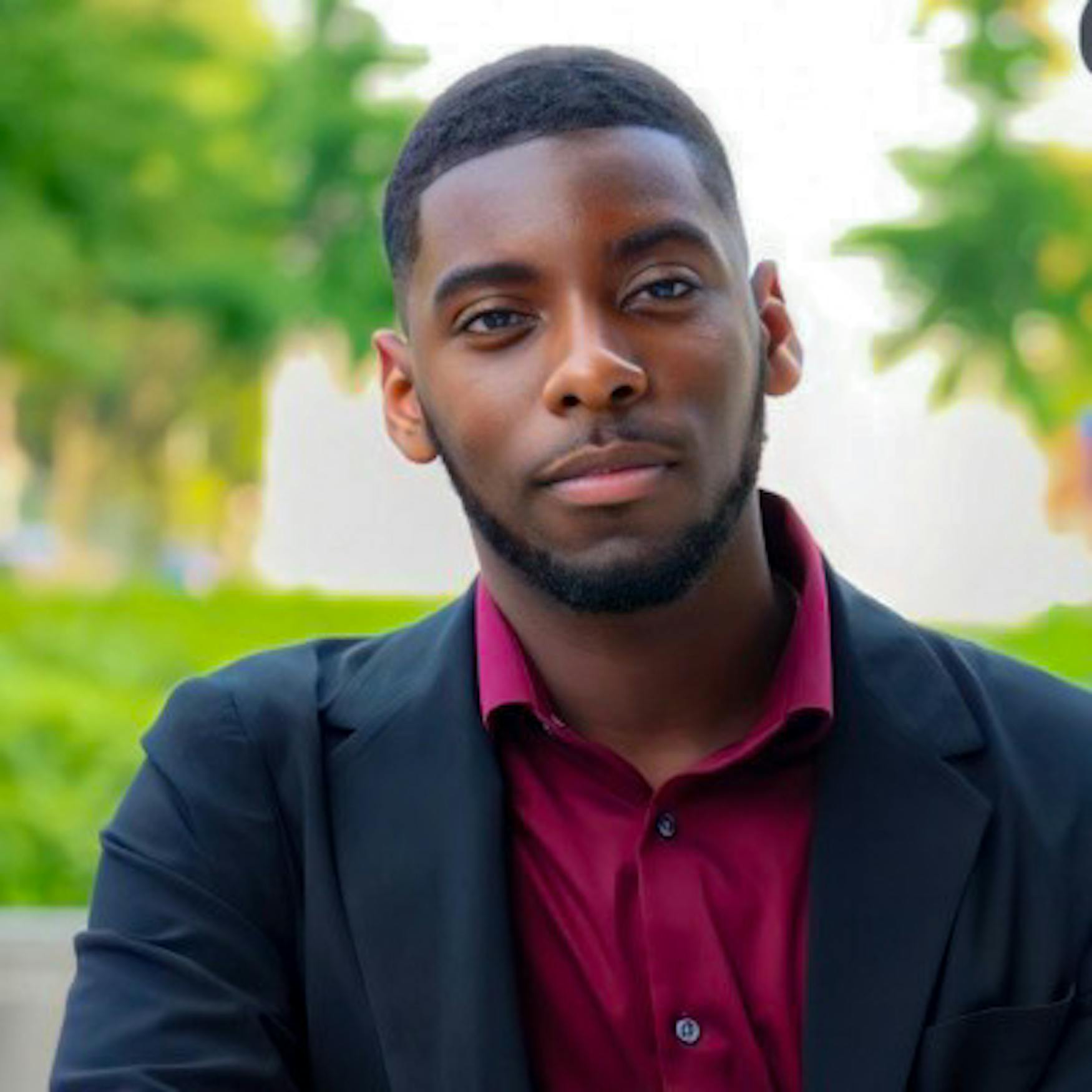Breaking Barriers and Records: Brandeis students in the Education Field
On Jan. 17, The Justice had the chance to interview Zaire Simmonds ’26, the youngest employee of the New York City Department of Education.
Zaire Simmonds ’26, a current sophomore at Brandeis, has made many strides to pursuing his passion for teaching. An Education Studies major, Undergraduate Departmental Representative of the Education Studies program and the founder and president of the Brandeis chapter of the educational organization Aspiring Educators, it’s difficult to deny Simmonds’ passion for the education sector. Simmonds’ passion rose from his own upbringing in the New York City public school system as well as the “natural itch” for teaching that began in his early childhood.
Employed by the New York City Department of Education at the age of 18, Zaire became involved in recruiting the next generation of educators. Years prior to this, the very same institution had failed him as a struggling student in the second grade.
Mr. Simmonds’ first student was actually his mother, her bedroom taking the role of a classroom. Later, there would be imaginary students while Simmonds found ways to teach himself after struggling with his courses in elementary school. Having had a negative experience with a racist teacher, who had a history of holding back other Black students like himself, Simmonds spoke on the importance of a teacher’s impact in a student’s life. “She didn’t care about my wellbeing, about my education,” Simmonds reflected, explaining how the experience significantly affected him while balancing his home life as the middle child of a single mother household. His second grade teacher’s lack of care would stick with him long after, especially in his work as a recruiter for educators: “I’m not just looking for the love of the subject, but the love for the kids, the love for the students.”
Having to repeat the second grade, Simmonds went through a challenge that he would build a career upon — a place of growth and inspiration rather than a setback in his academic career. The emotions that came with being a left-back student accompanied Simmonds for the rest of his life, especially in the classroom. With this, he was soon struck with the idea of “taking [his] play-teaching and turning it into a real thing.” When struggling with fractions, Simmonds would ask and answer his own questions. This act would translate into a concentration in secondary education and mathematics, a path that Simmonds is currently pursuing at Brandeis.
Simmonds was recently announced as the Top 50 Finalist for the Global Student Prize, something that became a moment of recognition and realization for him. One of Simmonds’ professors came across the award nomination sheet, and he recalls her saying that she felt he had promise in winning the prize given what he’s done and the age at which he did it. Simmonds confessed that when applying, he was scared — especially after seeing the other candidates for the Global Student Prize. Simmonds felt that he had been a changemaker, but not to the extent to which the other students had, looking at 13-year-old executive officers as competitors.
Despite this, he took his shot anyway — and he scored. By giving himself a chance, Simmonds realized all the impact he had made in his community and the people around him. “I have taught about all the levels of teaching that there is to do, from elementary to higher ed. I have worked with all of them, at my age [20]. I went to Guatemala, built a school,” he said. Simmonds was ecstatic, saying, “Out of 3,000 people in the globe that applied for this, and to think that I can sit … with the rest of the [finalists] … and think that ‘I’m doing what you’re doing, doing incredible things like you guys.’”
One of Simmonds’ greatest challenges, the mental obstacle of comparison, is something that many students can relate to. “Me getting left back … I’m not over it, and it’s something that will take a long amount of time,” he said. Having gone to a high school with the “bare minimum,” Simmonds felt as if he were playing a constant game of catch-up. This is something that he hopes to change through an education title, working with minority students and encouraging them to reach their full potential in the classroom and beyond.
When asked about positive memories on his path to becoming a teacher, Simmonds responded with, “I have so many … and if I had to sum it all up, it would have to be understanding my impact at my age.” As a high school senior, Simmonds was asked to assist with a sixth grade math class, which he knew was code for “I will be leading the class.” Being a graduating student, his students were devastated at the news of him leaving. After his students thanked him and seeing the student’s reactions, Simmonds shared that “it was the very first time I genuinely felt appreciated.”
“Our profession is the most unappreciated. You never hear people tell the teachers: ‘Thank you.’ Quite literally ever,” Simmonds stated, explaining why being hired as the youngest New York City DOE employee was second in his list of lifelong achievements. Being able to see his own students succeed was Simmonds’ moment of feeling that, “it was all worth it.” To other students pursuing an education degree, Simmonds says, “Remembering why you started is key. The first year of teaching is the worst. You have to, in fact, have a passion for this. You are literally shaping a person who will make an impact on society.”



Please note All comments are eligible for publication in The Justice.